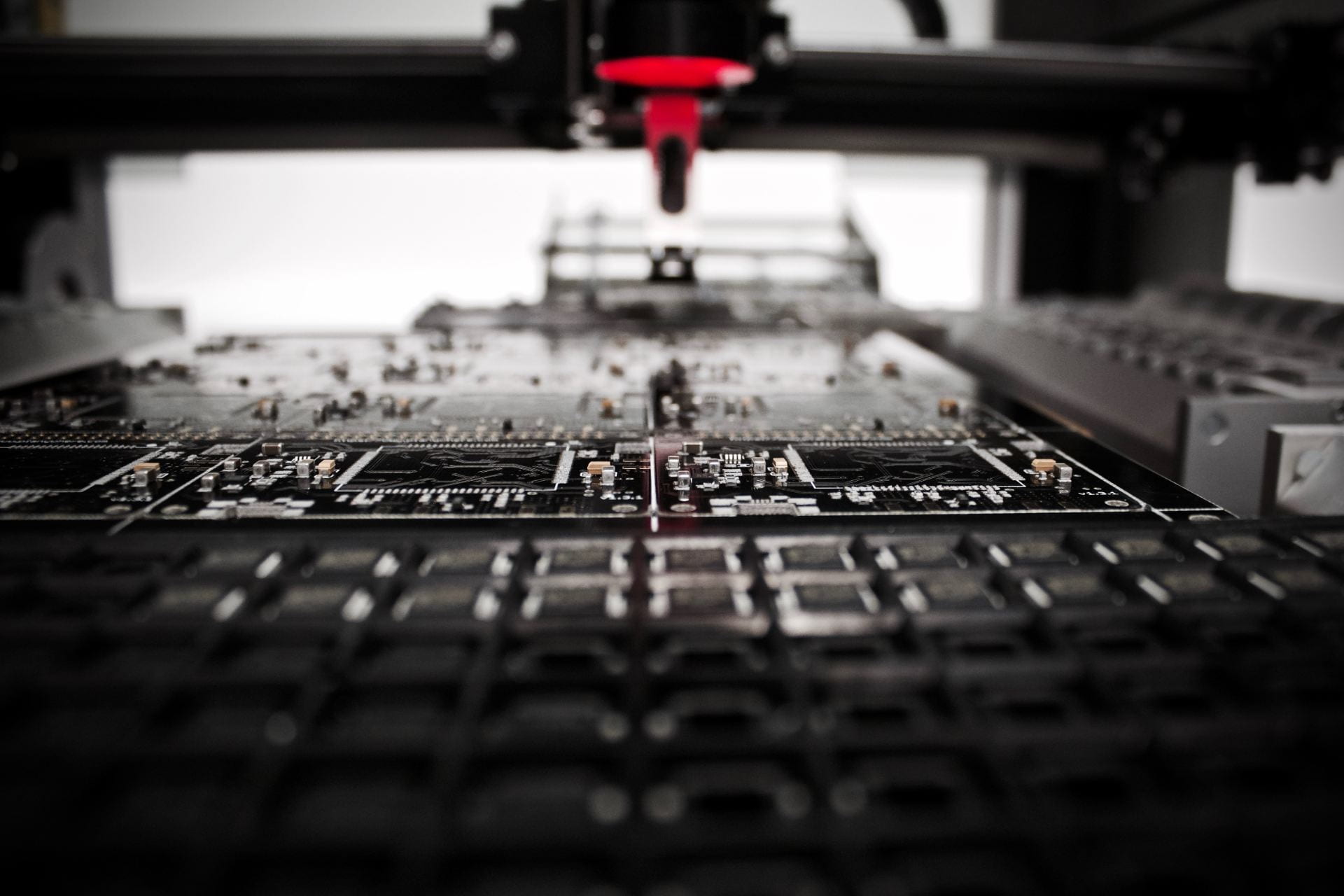Human collaboration with automation is premised on performance augmentation. Highly effective human teams develop and utilize a shared mental model (SMM), a mutual understanding of tasks and teammates involved in joint undertakings. This theory has been extended to human-AI teams (HATs) aimed at achieving effective performance but continues to be studied in situations where both entities operate as peers. Both entities share goals and responsibilities within these contexts and act upon common information and constraints. Therefore, the ensuing team dynamics are simple. With formidable advancements in AI technology, the appetite for automation deployment grows and humans will be uniquely poised to engage with artificial agents in complex teaming situations. In domains like the military, life-threatening consequences associated with each decision call for greater human oversight with the involvement of autonomy. As most decisions within such contexts are made in a chain-of-command fashion, we make a case for studying the influence of hierarchies in decision workflows on the elicitation, development, and maintenance of SMMs for achieving effective human-AI teaming. The aim is to raise questions that support the human side of HATs by understanding SMMs in more challenging conditions and the effects on overall team operations.
Link to the full paper: Influence_of_Human_AI_Team_Structuring_on_Shared_Mental_Models_for_Collaborative_Decision_Making-cameraready.pdf
